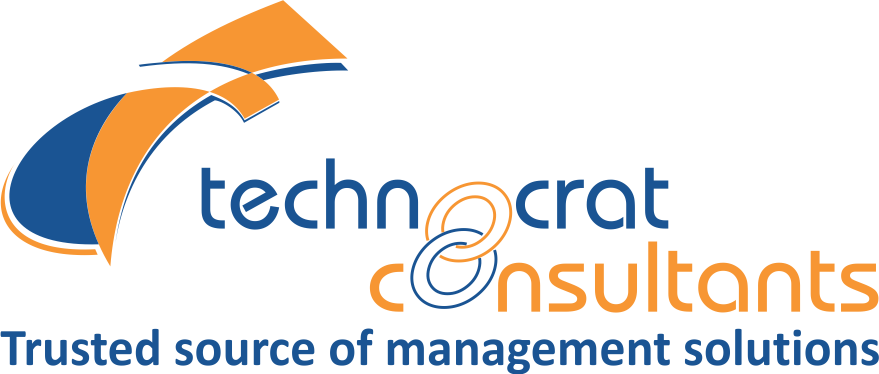 The definition of beauty has transformed and evolved since the ancient times and so has the nature of cosmetics. While the first traces of beauty products date back to ancient Egypt and Greece, today’s cosmetics are very different. When cosmetics started becoming popular around the late 19th century and early 20th century with big brands like Revlon and Estée Lauder coming up around World War-II. With increasing use of cosmetic products, came the need to regulate the manufacturing of these consumer goods. Food & Drug Administration (FDA) was formed after the Federal Food, Drug and Cosmetic act was passed in the US in 1938.
The definition of beauty has transformed and evolved since the ancient times and so has the nature of cosmetics. While the first traces of beauty products date back to ancient Egypt and Greece, today’s cosmetics are very different. When cosmetics started becoming popular around the late 19th century and early 20th century with big brands like Revlon and Estée Lauder coming up around World War-II. With increasing use of cosmetic products, came the need to regulate the manufacturing of these consumer goods. Food & Drug Administration (FDA) was formed after the Federal Food, Drug and Cosmetic act was passed in the US in 1938.
ISO 22716:2007 is the international standard that details Good Manufacturing Practices (GMP) for cosmetics industry and provides guidelines for the production, control, storage and shipment of cosmetic products.
This standard has become essential for companies to prove their commitment towards the safety of their consumers. The standard offers guidelines that cosmetic manufacturers should follow, in order to ensure that their products have no harmful effects on the consumers. There are also conditions for storage, supply and distribution of products in the industry.
- Features and Benefits
- Applicability
- Consulting Methodology
Over the years, countries have prohibited companies from using certain ingredients that were identified as causing some ill-effects on human health. ISO 22716:2007 details not just banned ingredients but also the dosage of specific chemicals or preservative that is used in the manufacturing of cosmetic products. The standard specifies quality aspects of the product, where the focus is on raw materials and processes involved.
Since ancient times, the ingredients to make beauty products have had many adverse effects on human health. Problems range from most common like skin rashes, allergic reactions to serious concerns like deformities and even blindness. Therein, in modern times, governments around the world have taken action to regulate the manufacturing and supply of these products.
With ISO 22716:2007 standard a company can provide proof that it abides by the regulatory requirements regarding the products of cosmetics. Having this certification means that the product manufactured or supplied by the company is based on quality standards stated. This accreditation allows the company to reap many benefits:
- Improved quality management systems
- Better safety regulations
- Reduce product recall
- Ensures compliance with international guidelines
- Proof of commitment to the safety of cosmetic products
- Gain the trust of consumers
- Enhance market share
- Increase profits
ISO 22716:2007 is a standard specifically for the cosmetic industry, where the focus is on the quality of products. The standard does not necessarily cover the safety aspect of the product, but it offers an overview of permissible ingredients from a health point of view.
The standard applies to manufacturing, control, storage and shipment of cosmetic products. The standard applies to all sectors on the manufacturing and supply chain. However, research and development facilities are not eligible for the standard. The standard also does not cover enterprises involved in the distribution of finished products.
Technocrat Consultants help companies understand the requirements specified in the standard and help them restructure their operations accordingly. We stand by our clients to help them acquire this certification successfully and then retain it in the future years.
